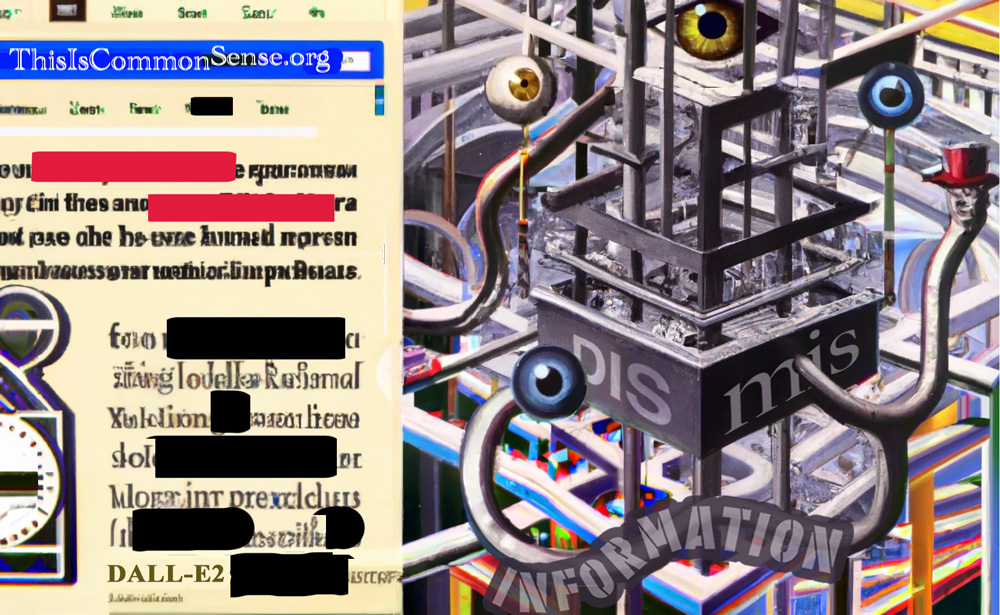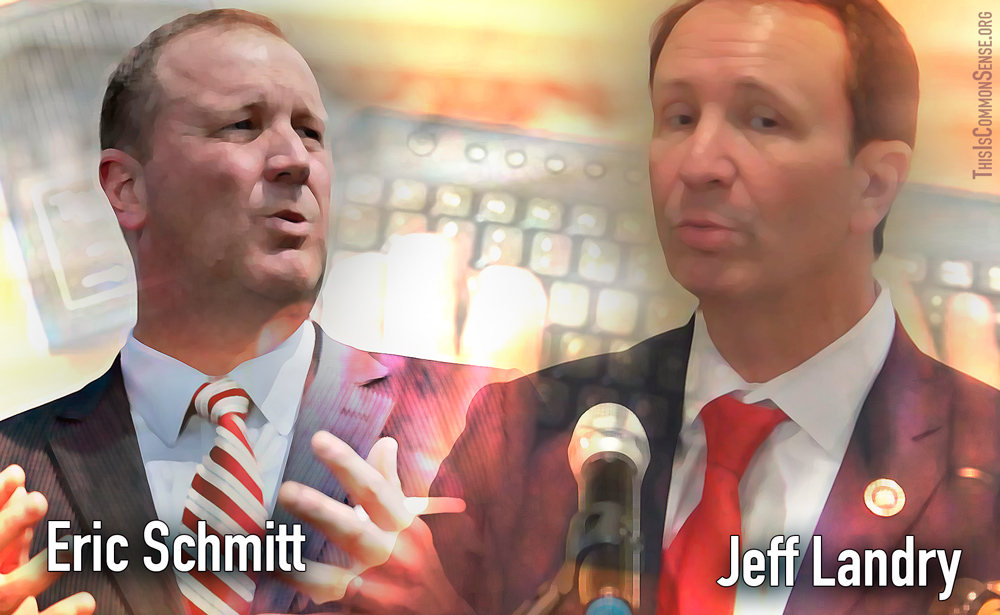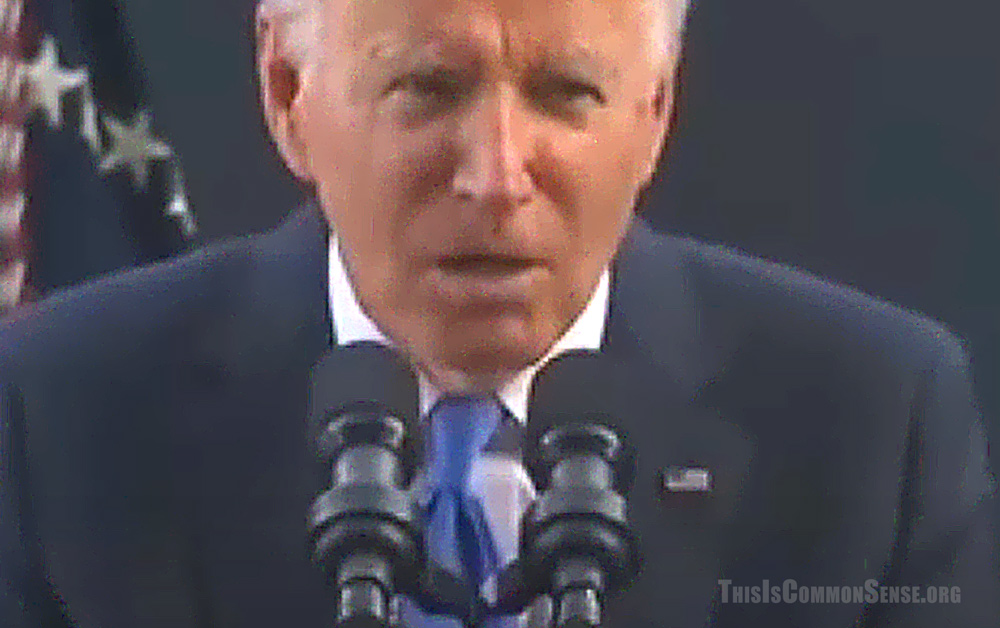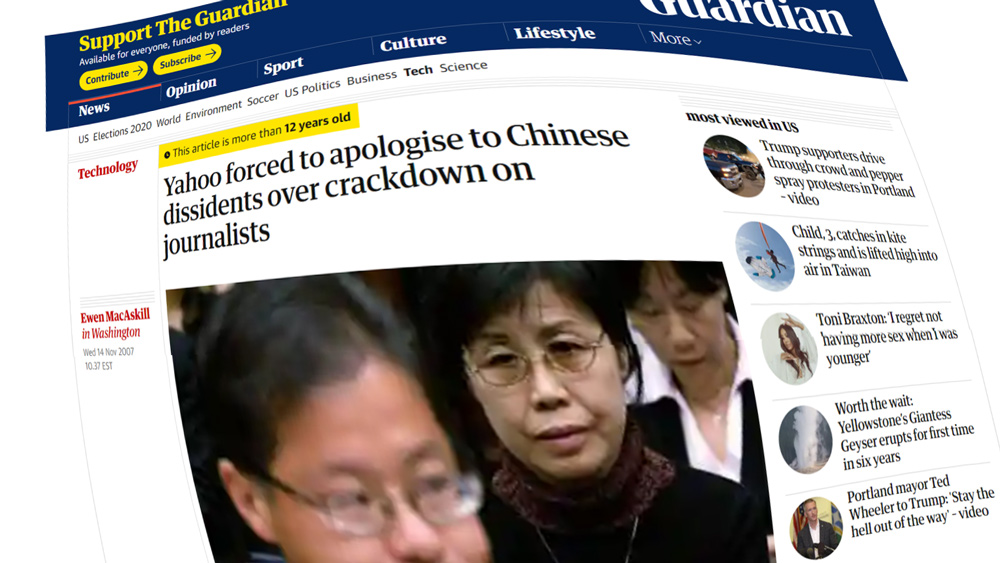For well over a century, politicians have pushed Big Government/Big Business partnerships. The policy, indeed, is as old as politics. While we who like free markets often like [some of] the products of today’s biggest businesses, we must recognize that much of what these corporations sell us comes with strings attached — as we’ve found out to our dismay in the corruption of major social media outfits; as proven by the attacks on our speech and to the undermining of free elections.
Before the #TwitterFiles revelations, Michael Rectenwald, author of The Google Archipelago and other books, wrote a commentary that appeared in the pre-Christmas edition of The Epoch Times: “Who Really Owns Digital Tech?” In less than a thousand words, Rectenwald makes clear how deep governments have been involved in the tech space — particularly the Internet Space.
“Given the evidence of government start-up funding,” Rectenwald reasons, “we may have to concede the argument that the internet might have developed differently, more slowly, or not at all if the Defense Department hadn’t been involved at the outset. Likely, what we know as the internet would have become a system of private networks” — and in this dispersed-power system, free speech would not become a major issue, because not as easy a target.
As it is, however, “Twitter has operated as an instrument of the uniparty-run state, squelching whatever the regime deems ‘misinformation’ and ‘disinformation,’” Rectenwald writes, giving us an ominous list of the topics of xinformation:
- warfare
- economics
- pandemics
- elections
- climate change catastrophism
- the Great Reset
There are big gains for … some. Big Biz/Big Gov partnerships imply gains for both partners: business people gain access to governmental power and favors, and politicians and functionaries gain leverage to mold the citizenry.
And that is where we have seen the partnership’s worst.
So far.
This is Common Sense. I’m Paul Jacob.
Illustration created with DALL-E2
See all recent commentary
(simplified and organized)
See recent popular posts









